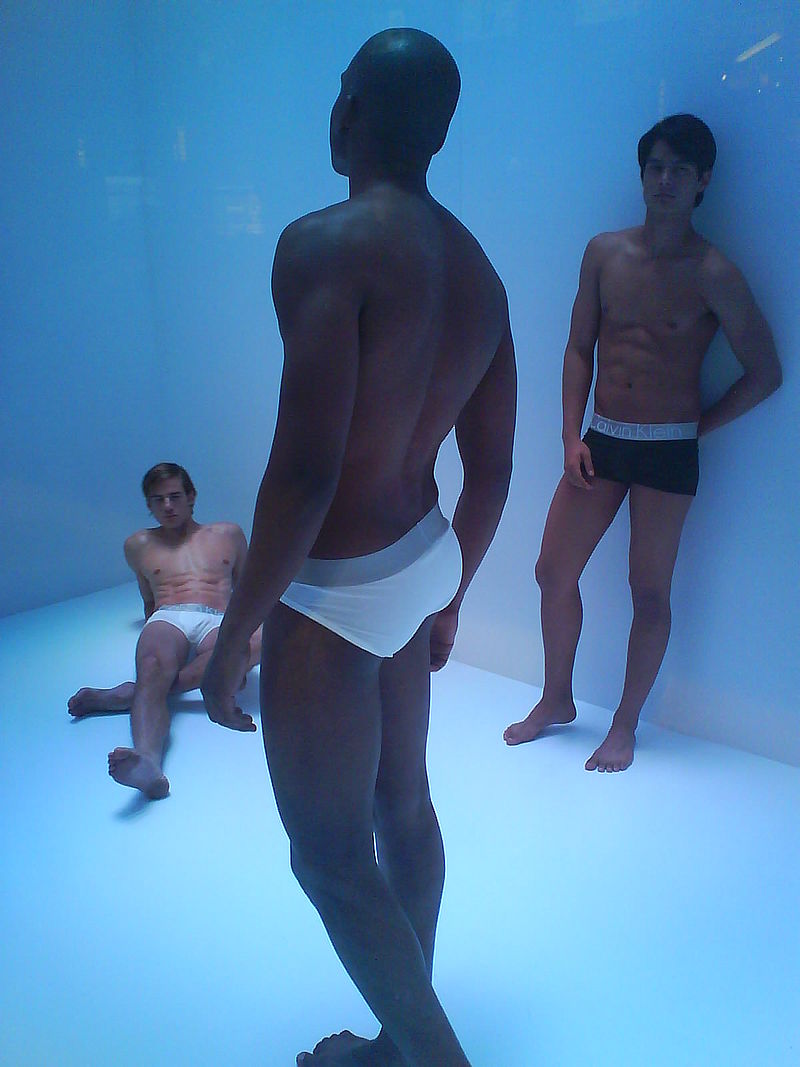
It's the summer I begin to consciously wonder how many selves I might contain. The summer I begin to become overwhelmed by all the possibilities of future me's I will have to, at some soon point, choose from. The summer Jeff and I start drinking.
For the past three years, Jeff has been a preppy teetotaler, not quite straight edge, more like bound for glory/possible future U.S. president. Meanwhile, I'd nearly flunked out of junior high for lack of attendance based on sheer panic unconvincingly veiled as various physical ailments ranging from mono to bad asthma. Somewhere along the way, I'd begun to fantasize about contracting leukemia. Over the phone, I'd hinted to friends about medical testing that might be required of me, making sure to keep the details hazy. My preferred vision of suffering contained no sense of actual pain, let alone a recognition of death, only a romantic scene of myself in bed at a Ronald McDonald hospital surrounded by my doting, grief-stricken family who were shaken by my condition into reconciliation—a dramatic twist suggested to me by years of absorbing my mother's Days of Our Lives episodes.
Cheerleading and drinking—twin gestures of my brother's desire to include
me in his world, codas of intimacy, or, simply, indications of someone paying attention to me—break the spell. As we sip our father's Miller Lights from frosted steins late into the night on our back porch, Jeff contemplating his complicated feelings about various crushes and the two of us arguing over whether or not it's worth it to maintain any kind of hope in our parents, my brother seems admirably sure of himself and solid in his beliefs. "Forget about them. Give up. Quit beating your head against the wall," he'll say. "They're not worth your heartbreak." I don't know why I cling so desperately to the importance of not losing them, of keeping us all together somehow, when Jeff is so blatantly able to accept the facts. With his busted glasses and dogged athleticism, he is as hell-bent on proving he doesn't need them, as I am that I do.
Love, I'd like to think, is defined over time. It exists in longevity. It requires maintaining hope beyond convenience or ease. It will be worth all the difficulties of showing up for away games, of the walk to the locker room after the loss, of commitment. It will require making guileless decisions—reassurements so deeply ingrained they are not so much automatic as intrinsic, forward motions. Love, I suppose, sipping back a Budweiser, is fostered by habit and deepened by brief moments of sought-after communion, the three pointer witnessed, the rising roar of the crowd, in what is, mostly, a dull arena. →